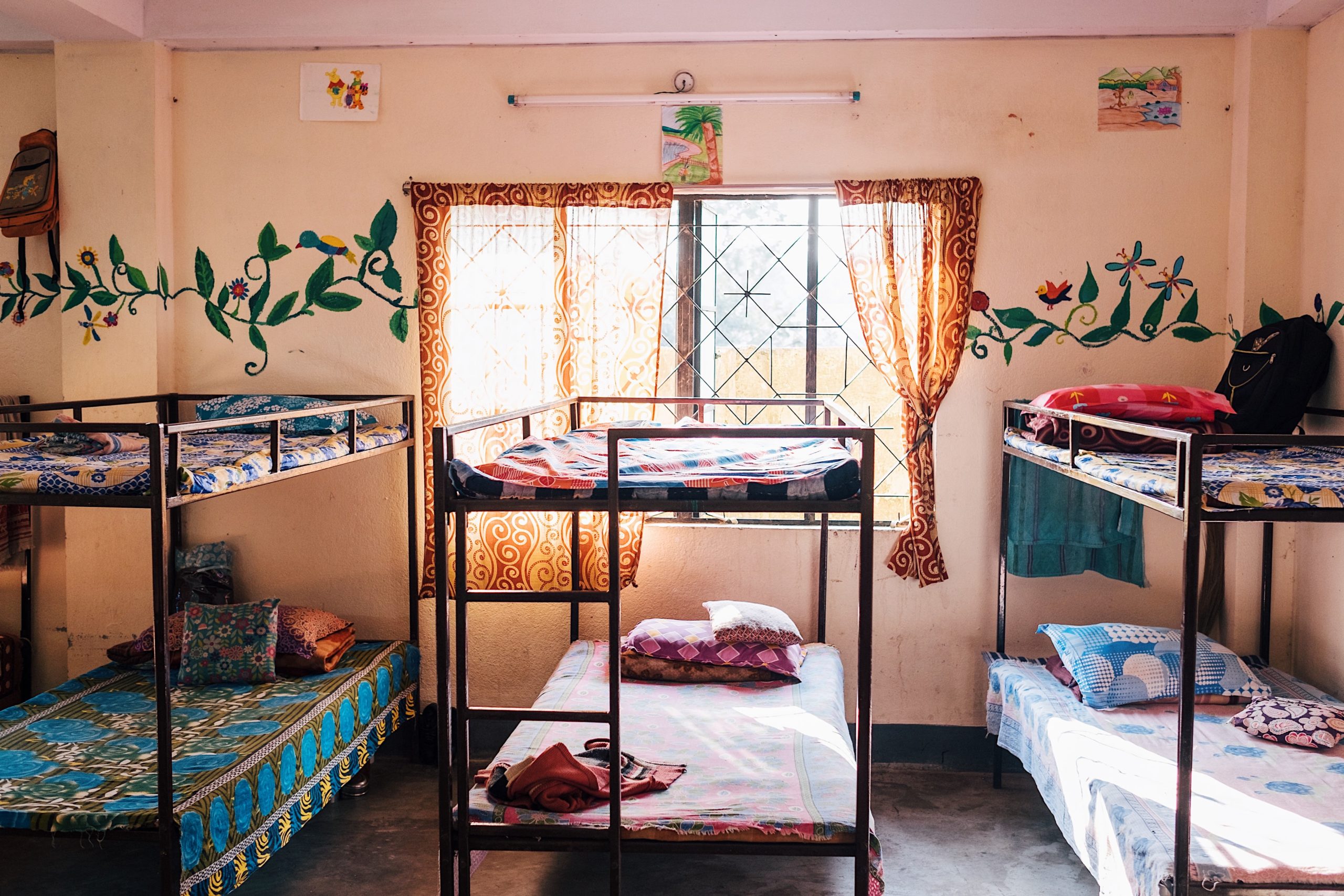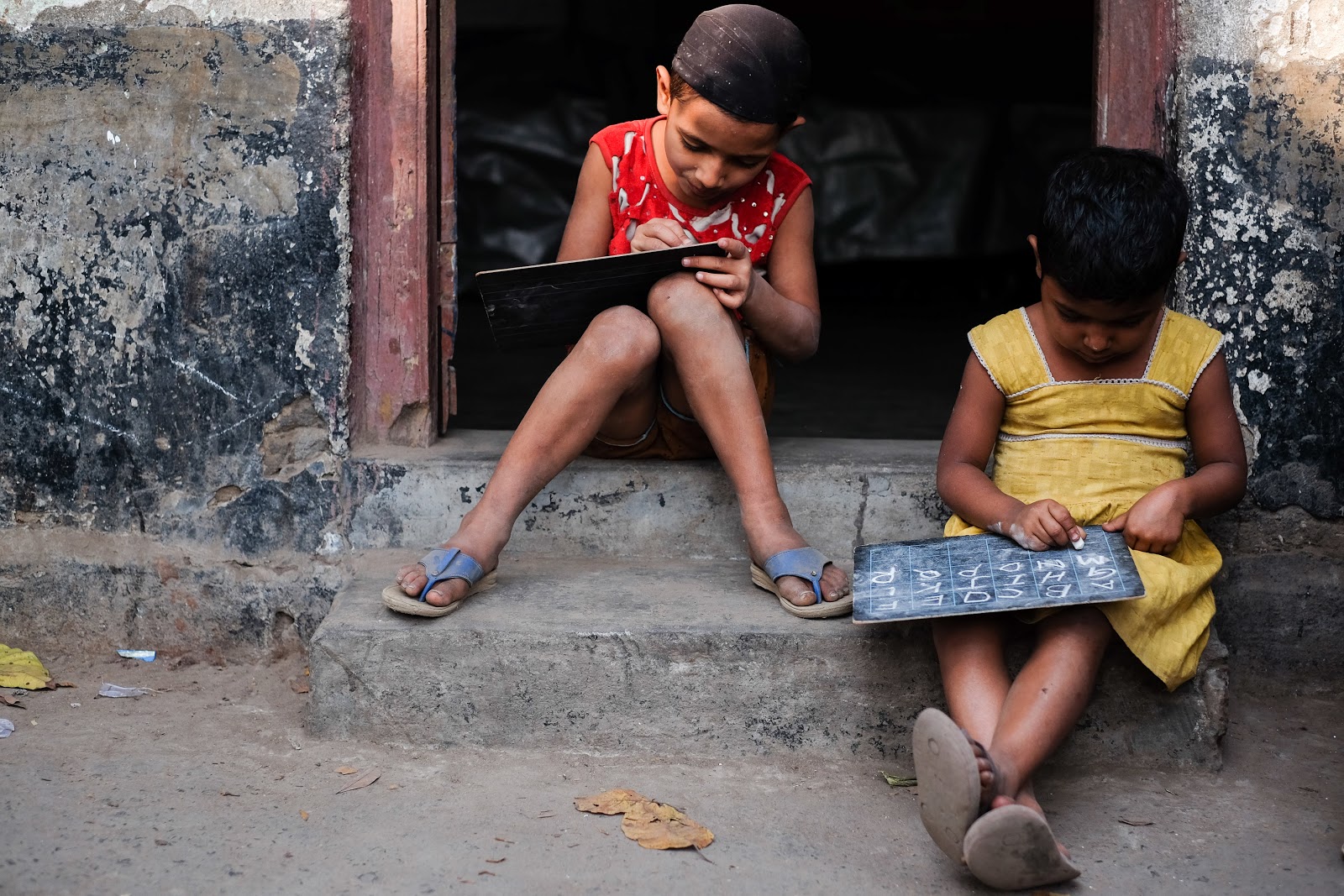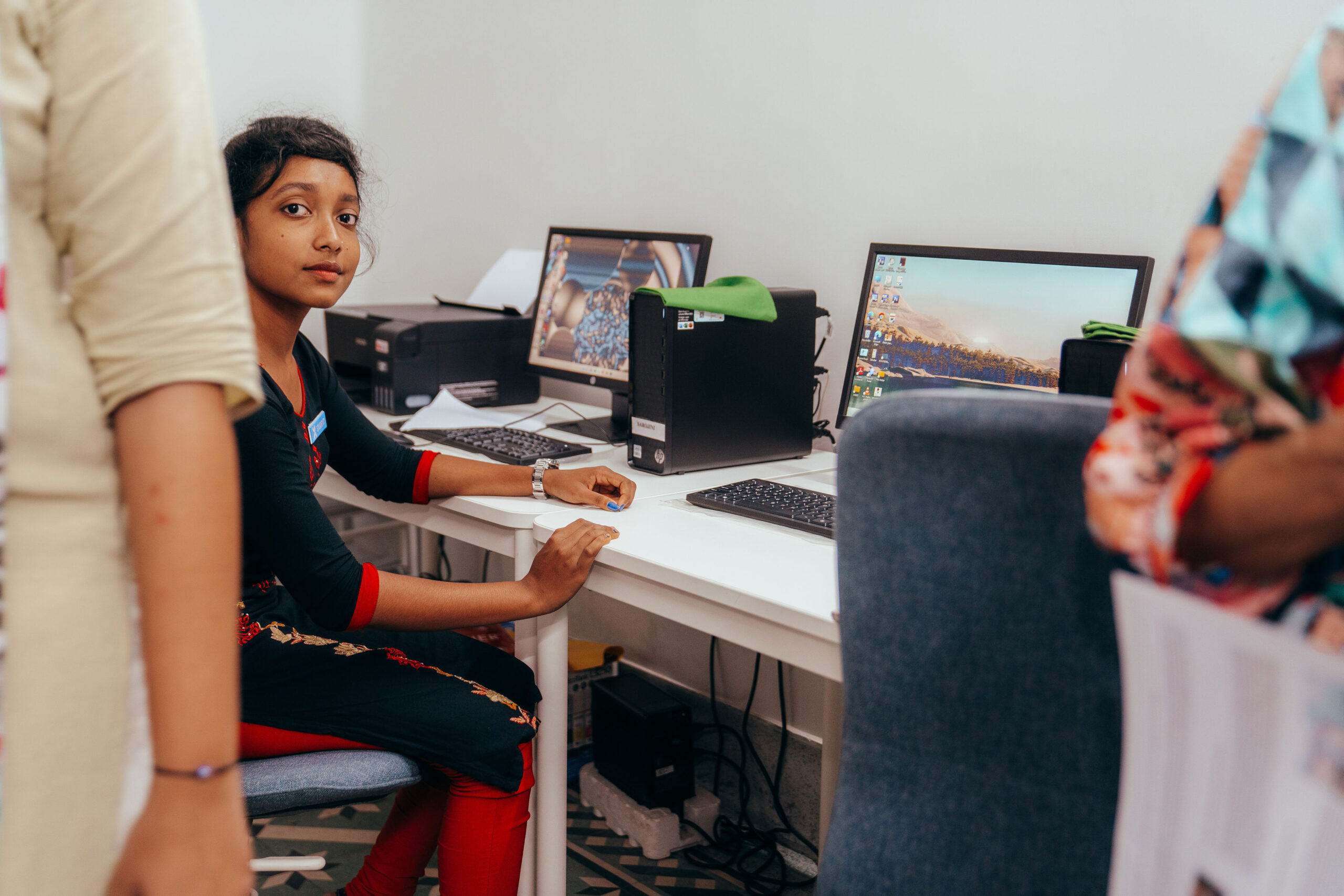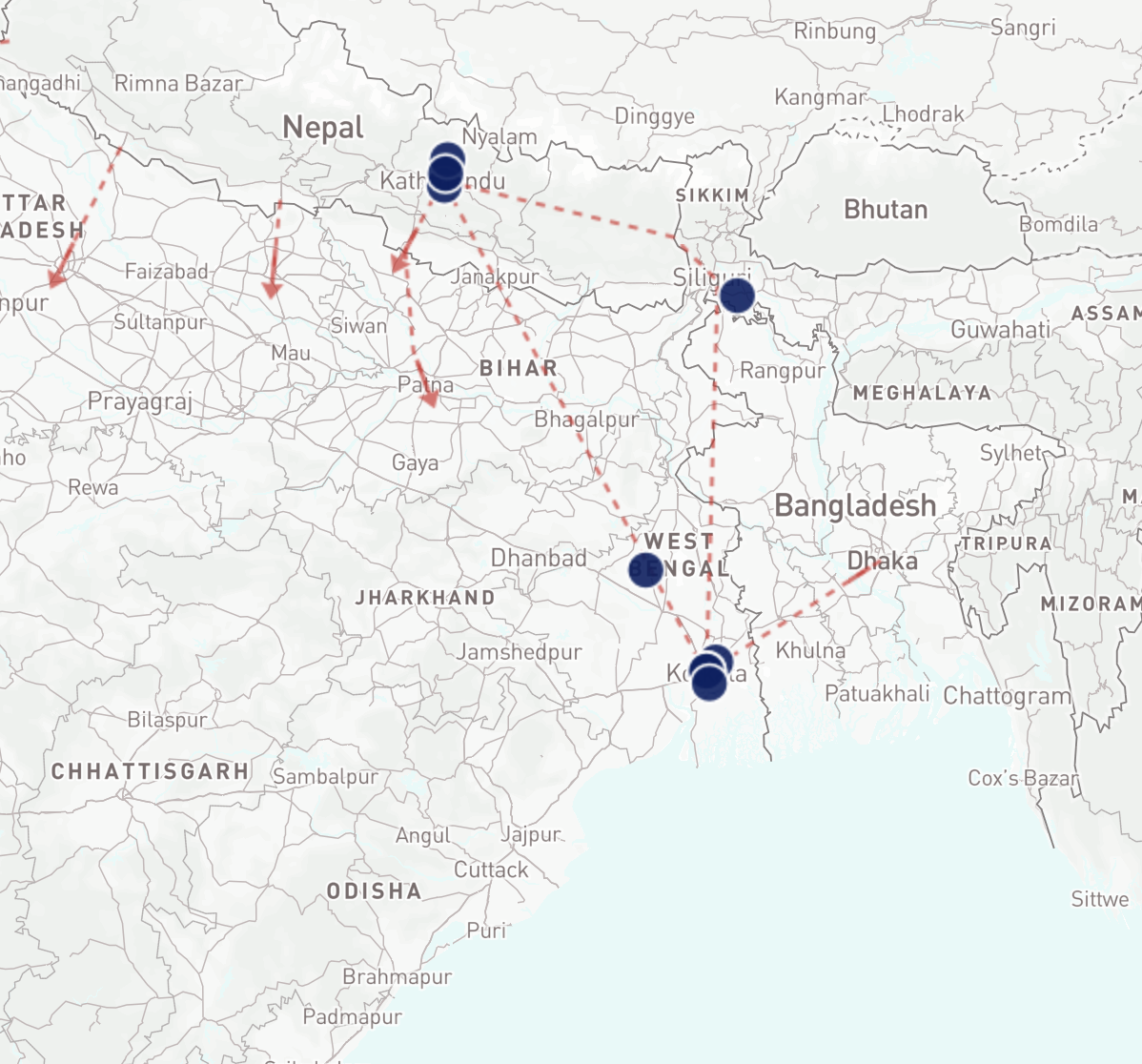OUR WORK
Since 2005, we have been working to ensure that survivors of trafficking and other forms of gender-based violence, and girls at high risk, have what they need to remain free, safe and independent. Our goal is to provide long term, intensive programs which address root causes and systemic injustice.
According to the United Nations, India is the epicenter of global human trafficking, with 10-18 million of the world’s 40 million enslaved people. More than a quarter of Indian and Nepali girls are married by the age of 18, more than anywhere else in the world.
Click on our interactive map to learn about major trafficking routes and why our work is based in these hot spots.
Her Future Program OVERVIEW

SHELTER
Her Future works with local operating partners to build, expand and maintain shelters for rescued girls, and to support the ongoing needs of girls in shelter care: food, clothing, medical care and counseling. Having a safe and loving place to recover – guarded from traffickers – is a crucial first step in a girl’s journey to recovery. Many girls are rescued as children and need a safe, loving home until they reach adulthood.

EDUCATION
Many survivors and high risk girls have never been to school before, or had their education interrupted. Her Future’s education programs serve over 750 children a year with high quality education and a full circle of services that make school success possible.

JOB TRAINING
Vocational Training, combined with life skills and financial literacy training, give women a pathway to become financially independent and less vulnerable to being exploited. They gain the power and agency to make choices for their own lives – often for the first time in their lives. Economic independence enables them to overcome stigma, move out of shelters, and support themselves and their children, breaking the cycle of poverty and intergenerational trafficking.
